The 7 R's of sustainability

Every day we produce enormous amounts of waste...
... where a large part of the garbage consists of plastic. Plastic is deliberately produced as an extremely resistant and very durable material, which is why we sometimes find 50+ year old plastic bottles on beaches. Findings like this are now more unsettling than exciting. Plastic waste drifts into the oceans and is found in large quantities as gigantic floating islands of waste or on the sea floor. Somewhere in between the term microplastics appears and the first finds of plastic in human stools.
Nevertheless, we reach for plastic out of habit when we shop in the supermarket, because there is usually no plastic-free packaged version available, or the ecological product is more expensive. A large part of this plastic disappears from our everyday life immediately after it has been used – but only visually.
Do I have to give up my earned standard of living for something I may not even see?
Is it really as bad as everyone says it is?
How can I live more environmentally conscious and healthier myself?
The last few years have shown us that there is not less plastic waste, but more. Maybe it's time to just start doing something instead of talking or thinking about what you could do - before it becomes "what you could have done".
And this is exactly where the 7 R's convince with their simple, environmentally friendly and even cost-saving eye-openers.
- Learn to say no!
"Hey! Why not just reject the unnecessarily wrapped in plastic instead of buying it?”
That's what the first "R" - "Refuse" stands for!
You should question whether it is even necessary to buy the product. Especially with promotional items that are often shrink-wrapped in plastic, you should think about their urgency. The less we buy and consume, the less plastic is in demand and ultimately produced. Ultimately, this means less waste and plastic to dispose of.
- It does n't have to go in the trash.
The second word “Reduce” stands for the reduction of waste. In today's society, things are quickly thrown away. From old clothes that look worn, groceries that actually still have a shelf life or plastic waste that can be reused several times. You can reduce the amount of garbage by not throwing everything away immediately, but by putting things back into circulation. Clothing that you no longer like can easily be sold online or at the flea market or given away to someone who is grateful. The same applies to food that can be donated to the Tafel or other organizations. These waste avoidance measures are no longer a secret since e-bay classifieds and the app " to good to go ". You can find more about this in our article "With these 9 apps you can make your life more sustainable" .
The trick is to find what you no longer need or use yourself in order to pass it on to those with a use for your "garbage". Just browse the internet or actually go to the flea market.

- It doesn't have to go in the trash yet .
We continue with the term "reuse" . It stands for the reuse and repair of products and thus also for the awareness of not becoming part of the throwaway culture. War is announced, especially for disposable products such as plastic bags or TO-GO cups. We don't have to take a new plastic shopping bag with us every time we go shopping. If you have a bag at home, you can take it with you every time you go shopping and reuse it. The same goes for plastic cups. These also do not have to be thrown away after a single use. If an electronic device gives up the ghost, a screen is broken or the bike is dented, then there is nothing wrong with going to a craftsman nearby and simply having the existing product repaired. This is many times cheaper than buying a new device. With this we decide against the urge to buy a solution for the problem directly and we even support the region at the same time.
Sustainable action saves costs and protects the environment.

- Everything where it belongs - so that it stops!
The fourth word stands for “recycle” . All things that still accumulate as waste despite rejection, reuse and reduction should be properly separated and disposed of. Not everything should be thrown in the trash. Follow the rules and separate your trash so it can at least be recycled. If we want to maintain or build a cycle that creates as little waste as possible, then we should start by following it.
- Let's think... is there anything else?
What is still missing? Ah yes, "Rethink" !
Question your own actions and look for alternatives in order to live as sustainably as possible. Only those who question their actions can reflect on them and look for improvements. Ultimately, this article serves to take a closer look at the topics of sustainability and then to think about them. This can range from "What can I change in my everyday life to create cost-reducing and sustainable added value?" to "This time I'll take my own shopping bag instead of buying a plastic bag."
Rethink is the first step towards environmentally conscious action.
- I can do that!
Doing it yourself and investing time can save a lot of money and waste. In the age of networking and advancing digitization, manual work is a welcome change. " Repair" is a small call to devote time and concentration to the problems right from the start and not to succumb to replacing them with a purchase. Of course, there are also one or two people with two left hands among us. But here, too, before searching on Amazon, it might be an idea to search through your own contacts – hey, didn’t he/she do something similar professionally?
Maybe there is a Repair Café or a Repair workshop near you that will show you how to repair your product yourself.

- Garbage as breeding ground?
That's fine! Somewhere between organic composting plants and the garden compost heap lies a paradise of opportunities to turn waste into energy and nutrients for house plants and much more. Vertical gardens, which are supplied with nutrients through their own organic waste, are the pioneers of sustainability in the "red" (German to rot ) subject area. Rotting organic waste may not smell nice, but over time it creates a veritable gold mine of nutrients for all plants in the home. Vertical gardens can be placed on the balcony and are also inexpensive for gifted hobbyists to build themselves. Instructions can be found all over the web, especially on Youtube . Anyone who owns a garden should not be unfamiliar with compost. The nutrient-rich soil of the compost saves costs and reduces the amount of waste that has to be carried out of the household.
If we go back to the topic of rethink for a moment, then another nice example with added value comes to light in relation to rotting. Especially in autumn we see how the rakes are diligently pulled over the ground in the gardens, or the leaf blower is thrown on. In fact, the foliage is the best winter protection for the lawn and also serves as a breeding ground in spring. It is probably one of the best marketing tricks that has hardly been questioned: "Remove the leaves from the ground and save your garden!" - Rethink shows us here that by doing nothing we save money on fertilizer and working hours.
These were just small incentives from the growing world of R's of sustainability. They should show you what is possible to establish healthy and environmentally conscious behavior. You too can become your personal hero by getting a grip on sustainability in your everyday life and changing something.
For a cheaper, healthier and more environmentally friendly life.
If you would like to be informed directly about the latest blog posts, please follow us Instagram ! :-)





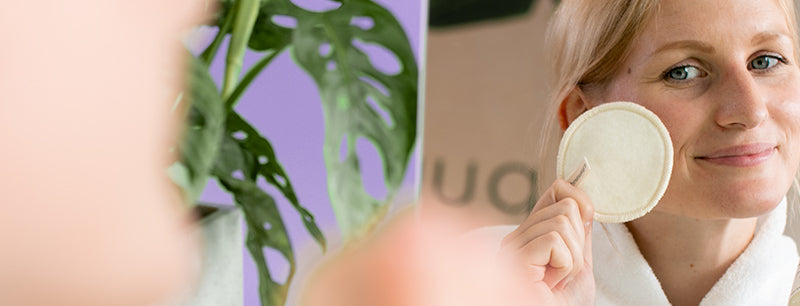
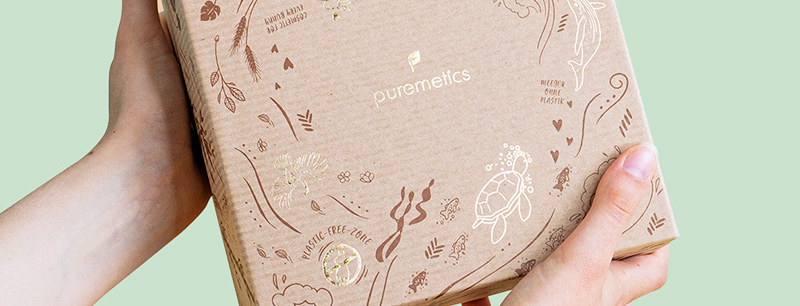







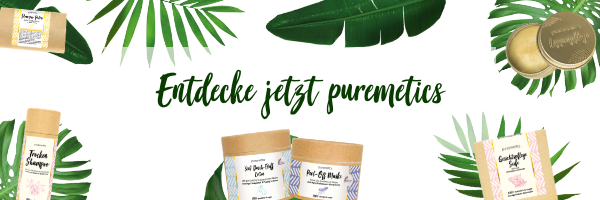








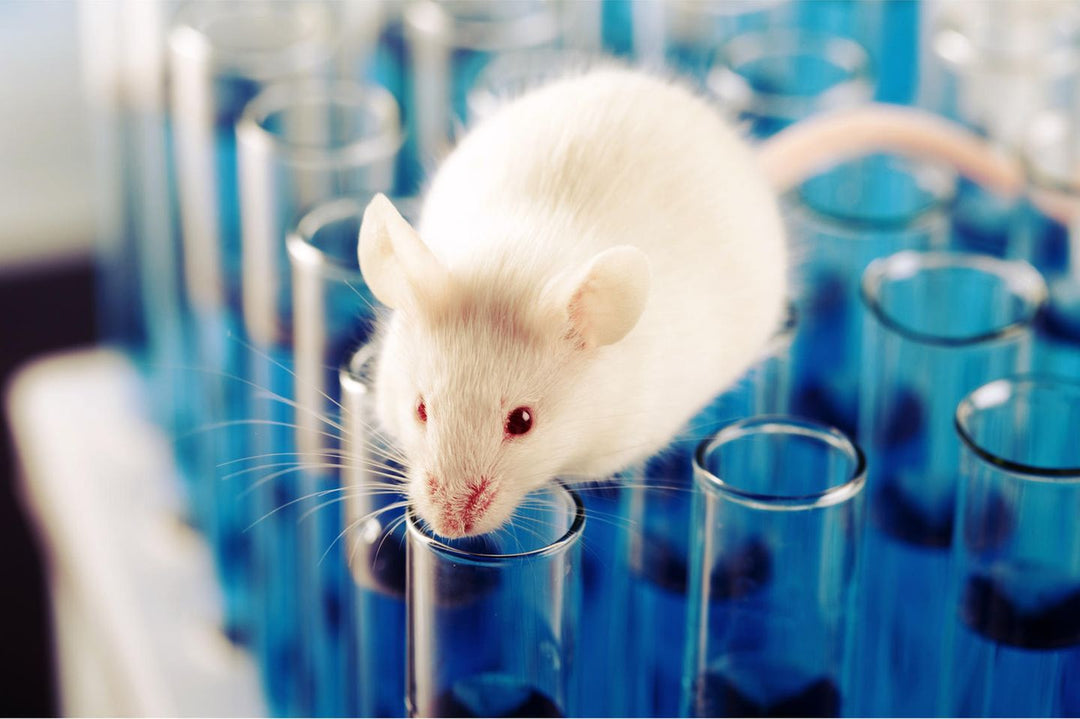


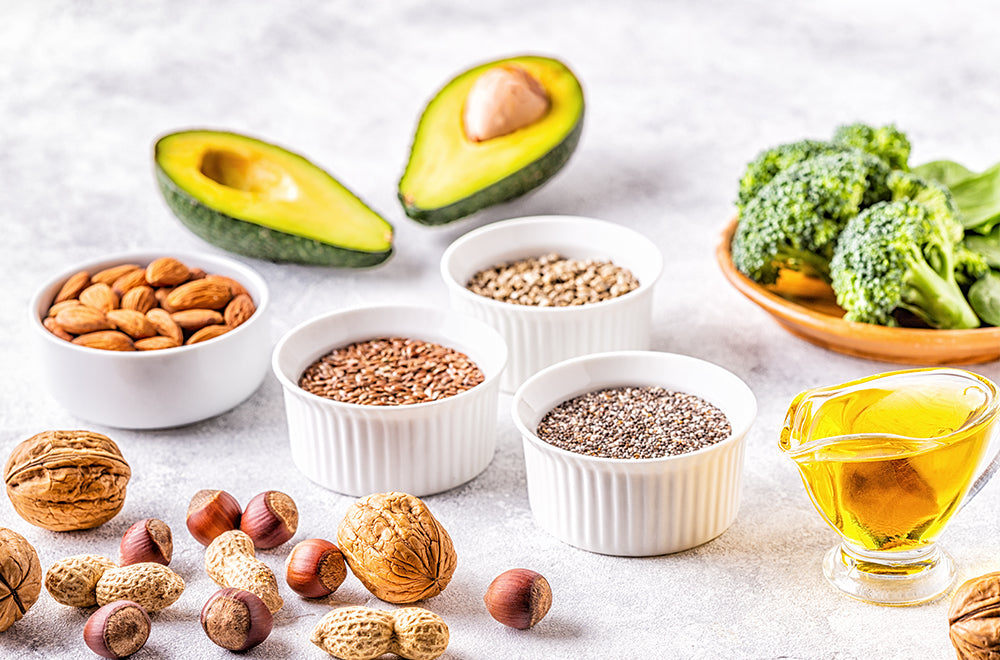

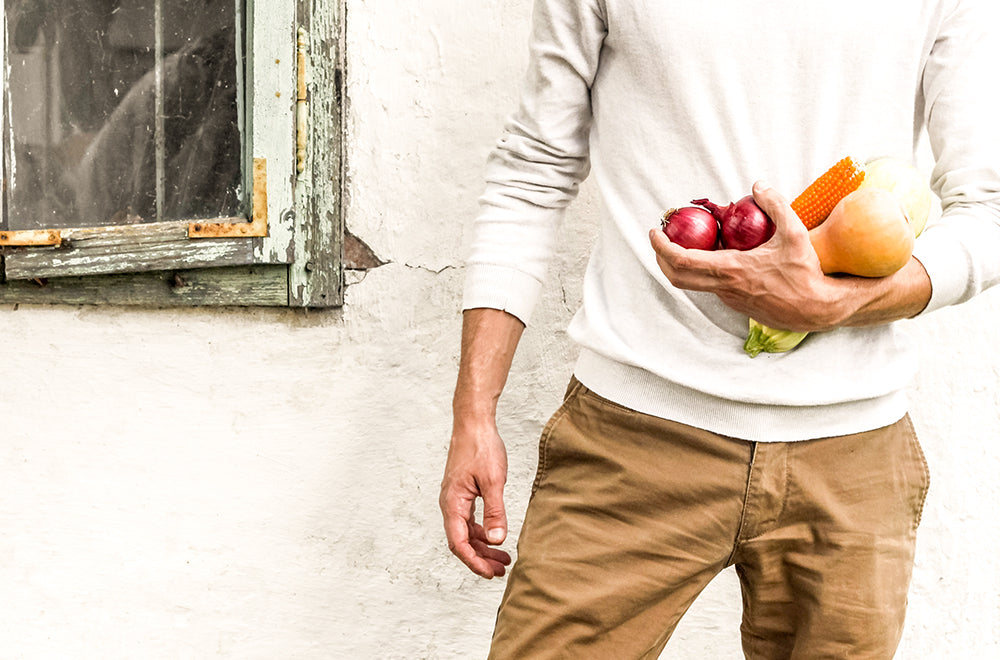
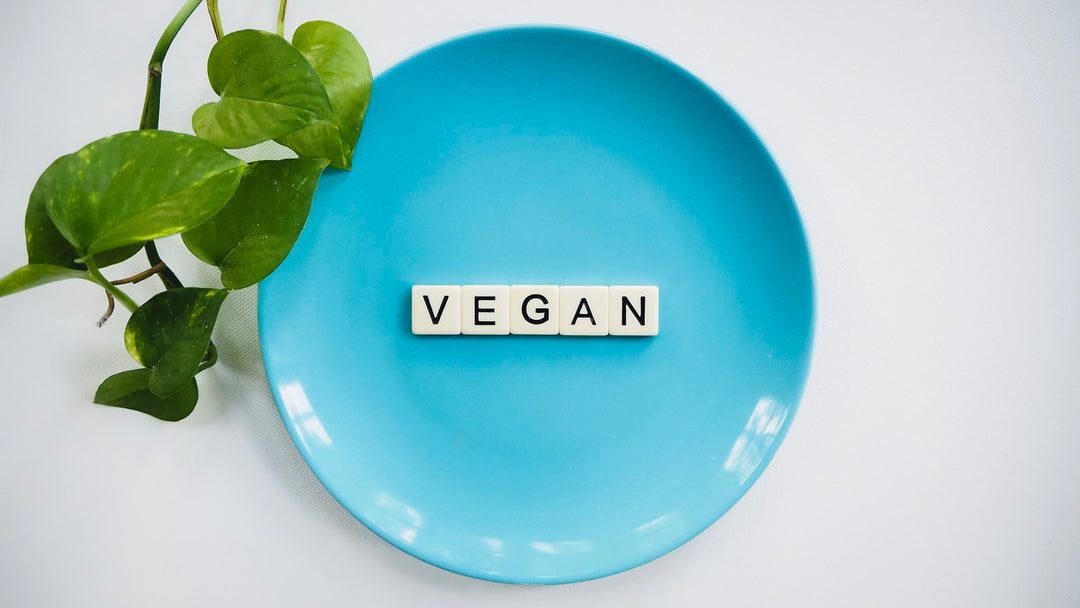





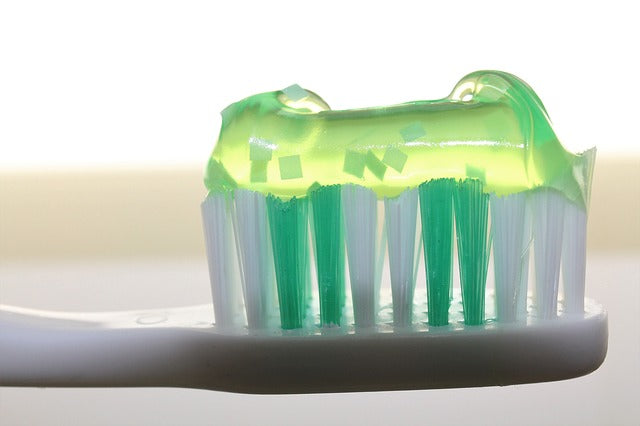

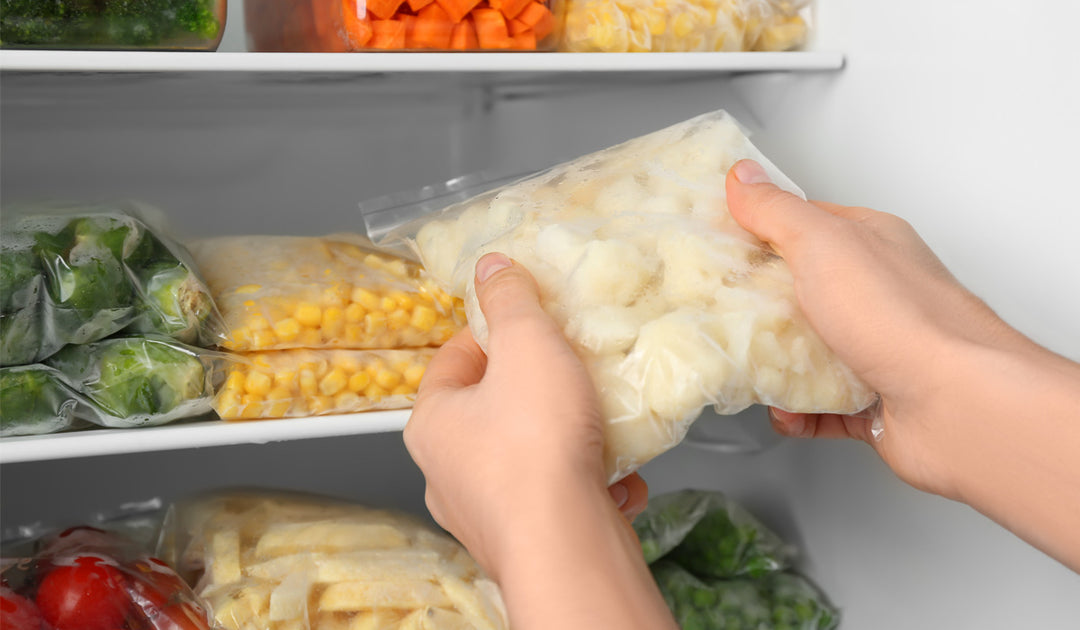



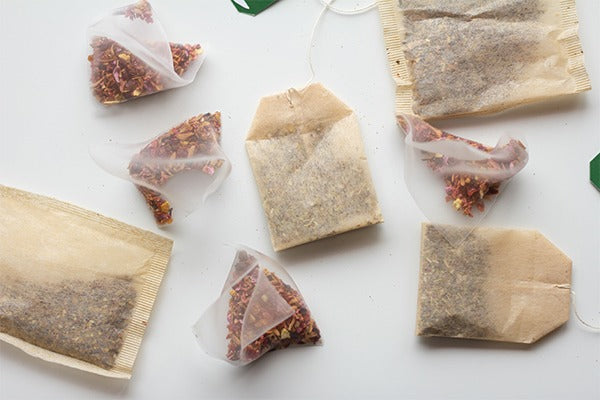
Leave a comment